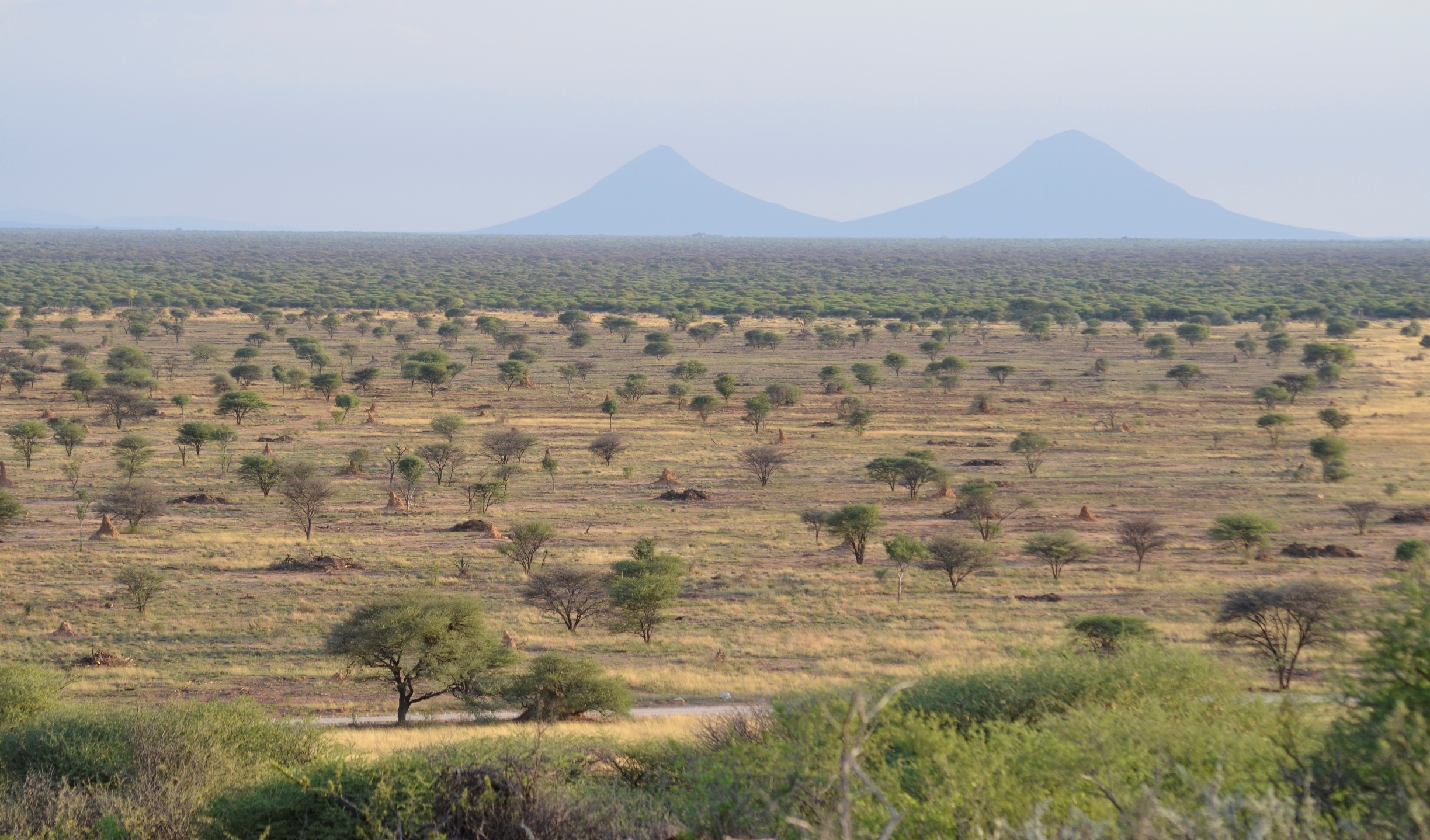

The goal of bush control is savanna ecosystem rehabilitation, fostering biodiversity and balanced habitats with woody species and grasses. Bush value chains have emerged as a solution, turning a rehabilitation byproduct into an economic opportunity, prioritizing landscape diversity and large tree preservation to enhance natural controls.
Opportunities for value addition range from low-tech, labor-intensive to high-tech, capital-intensive products. The choice depends on factors like available resources, land rights, location, capital, expertise, market access, and local conditions.
The heart of value addition is the selection of bush control or harvesting methods. This pivotal decision marks the start of potential value chains. Multiple methods exist, varying in efficiency, effectiveness, and environmental sustainability, including large-scale mechanical control, heavily mechanized control, manual and semi-mechanized control, and chemical control.
Farmers and companies enter the growing bush biomass sector. Current value chains involve global charcoal, local firewood, and small-scale production. The sector optimizes, diversifies, and scales. Key catalysts:
-
Financial Resources: Opportunities align with available finances.
-
Skilled Labor: Skilled workers ensure sustainability and efficiency.
-
Technical Equipment: Specialized gear handles hard wood and minerals
Developing bush-based industries in Namibia is vital for financing sustainable bush thinning efforts. Abundant biomass offers economic opportunities:
- Customization for Local Context: International tech must align with local conditions.
- Co-financing in Low-Income Areas: Subsidies promote participation.
- SME Outsourcing for Cost Efficiency: SMEs cut costs for landowners.
- Cooperation & Knowledge Exchange: Sector bodies like Namibian Biomass Industry Group and Charcoal Association enhance innovation.
Namibia's robust bush-based industry restores ecosystems and fosters sustainable financing. Biomass abundance fuels diverse, optimized value chains. With catalysts and lessons, Namibia creates a valuable, sustainable "restoration economy" pooling private sector resources per ecological restoration principles and economic opportunities.